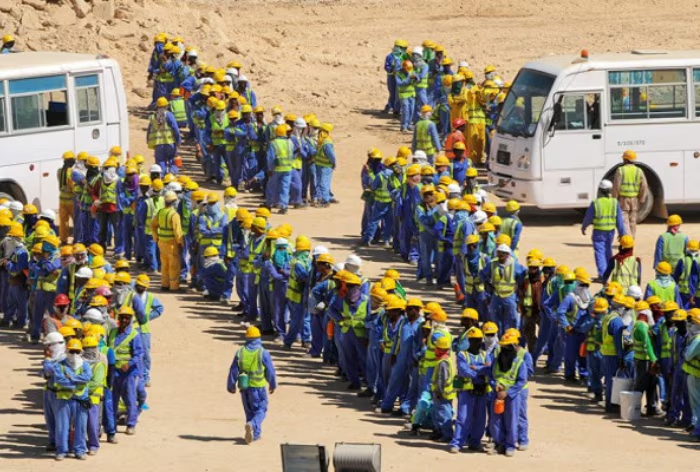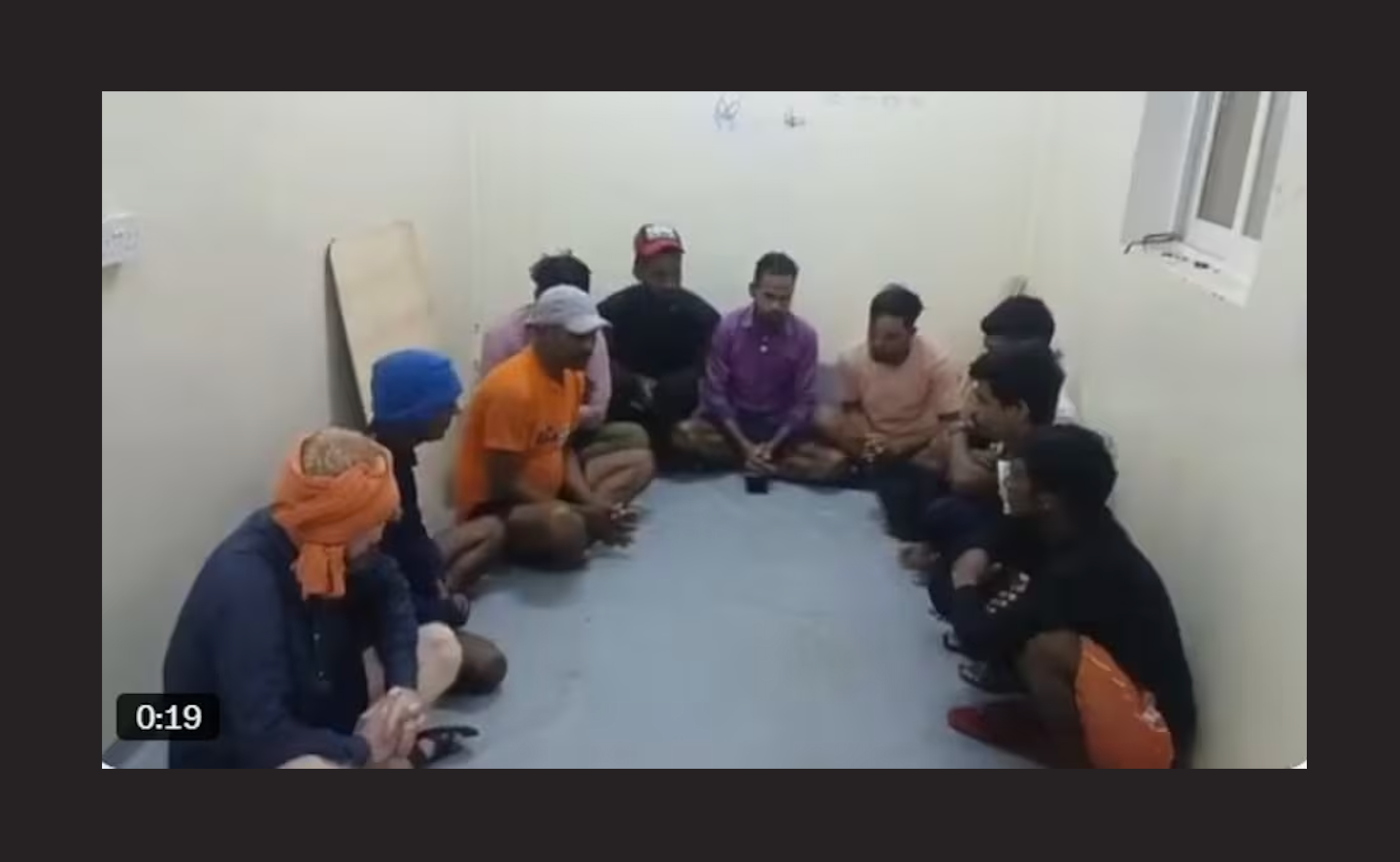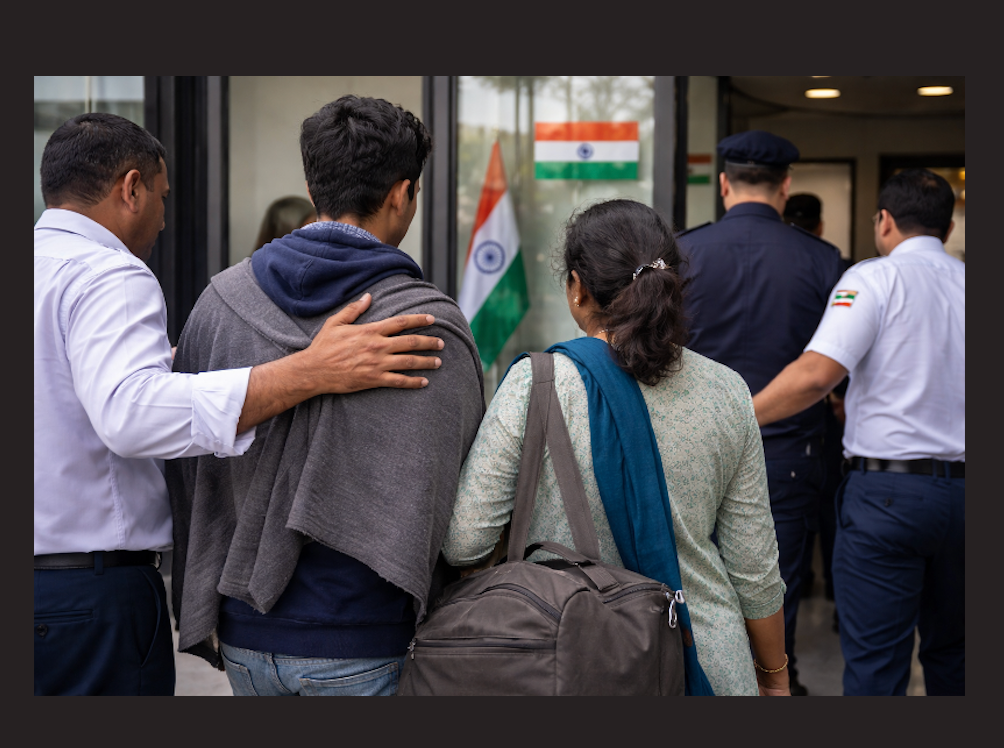Landmark labor reform expected to impact over 13 million foreign workers across the Kingdom
In a historic move, Saudi Arabia has abolished its 50-year-old Kafala (sponsorship) system, ending decades of restrictions on migrant workers’ rights and mobility. The decision, announced in June 2025, marks one of the most significant labor reforms in the Kingdom’s modern history — offering millions of foreign workers, mainly from South and Southeast Asia, newfound freedom and legal protection, reported timesofindia.indiatimes.com.
The Kafala system had long tied workers’ employment and residency to their employers, often leading to exploitation and abuse. Its abolition signals a new era of worker rights under Vision 2030.
- What was the Kafala system and how it began
The Kafala system, meaning “sponsorship” in Arabic, was introduced across Gulf states in the 1950s as a way to manage foreign labor. Under this framework, a worker’s legal status was directly dependent on an employer — known as the kafeel — who controlled the worker’s job mobility, ability to leave the country, and access to legal recourse.
While initially designed to simplify labor oversight, the system evolved into one of the most criticized labor structures in the world, enabling widespread exploitation, forced labor, and human rights abuses. Employers could confiscate passports, delay wages, or deny workers permission to return home.
- The reform: What has changed
Saudi Arabia’s new contractual employment system replaces the Kafala framework with a more flexible model. As per the Saudi Press Agency (SPA), migrant workers can now change employers without their sponsor’s approval, exit the country freely without an exit visa, and access legal protections previously unavailable.
The reforms are a key component of Vision 2030, Crown Prince Mohammed bin Salman’s national transformation plan, aimed at modernizing the economy and enhancing worker welfare. Human rights organizations have called it a milestone step, but urge continued monitoring to ensure full and fair implementation.
- Workers under the Kafala System
Saudi Arabia’s workforce has long depended on migrant labor. Some key facts:
- Total Migrant Workers: About 13.4 million, making up nearly 42% of the population
- Major Source Countries: Bangladesh and India, with over 498,000 Bangladeshi and 426,951 other South Asian nationals migrating to Saudi Arabia in 2023
- Domestic Workers: Around 4 million, all foreign nationals
- Employment Sectors: Construction, domestic work, hospitality, agriculture — often under restrictive Kafala conditions
- Impact of the new reforms
The abolition of the Kafala system is expected to transform the lives of more than 13 million migrant workers. Under the new rules, employees gain:
- Freedom to change jobs without employer consent
- The right to leave the country without an exit visa
- Legal safeguards against abuse and unfair labor practices
Experts believe this landmark reform will help reduce exploitation, enhance working conditions, and empower foreign workers to negotiate better employment terms. Beyond social benefits, it also aligns with Saudi Arabia’s economic diversification goals, fostering a fairer and more competitive labor market.
Human rights groups have hailed the reform as a turning point for migrant justice — a long-awaited step towards dignity, equality, and freedom for millions.











